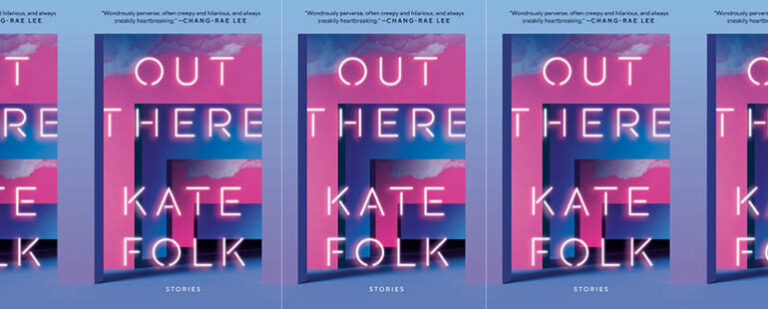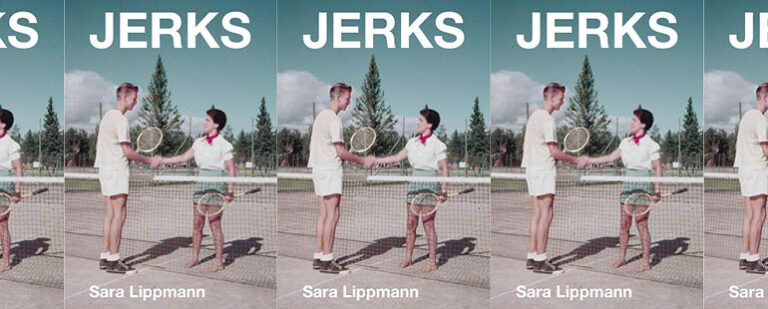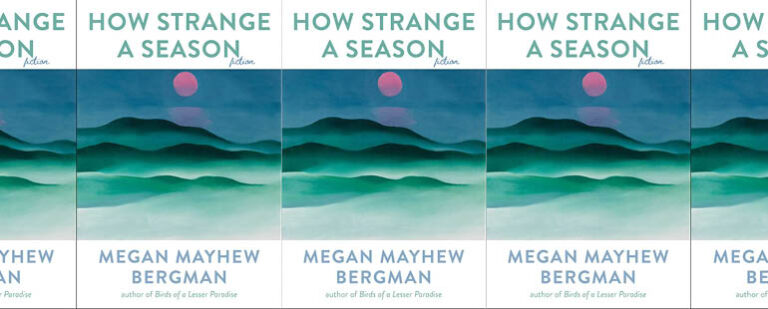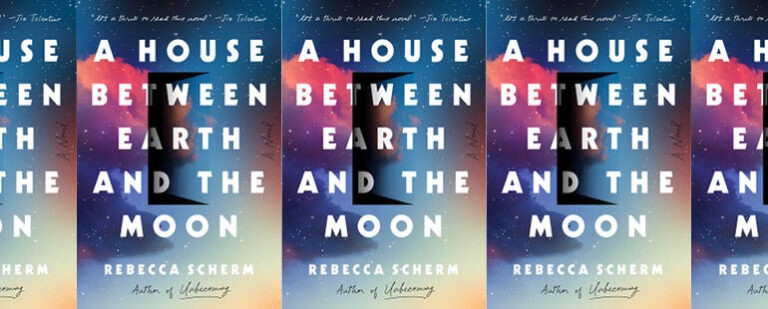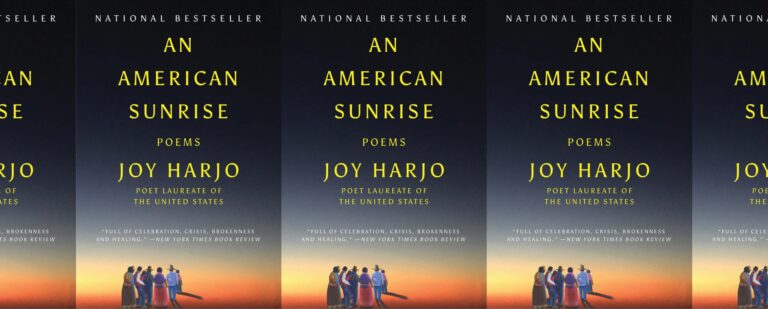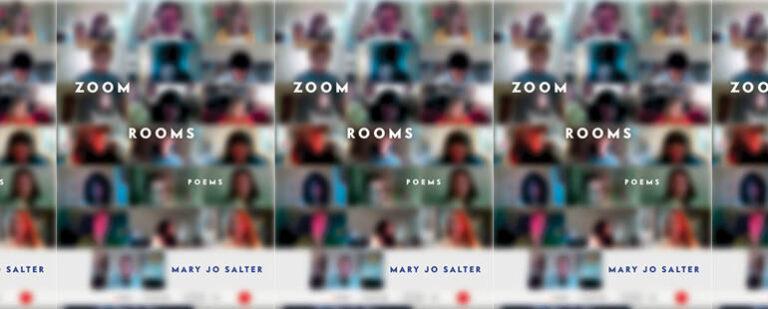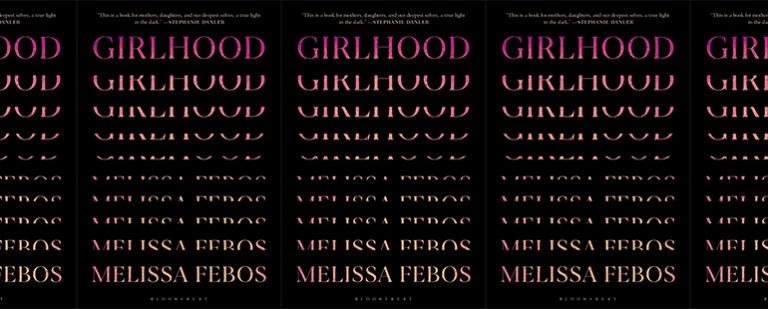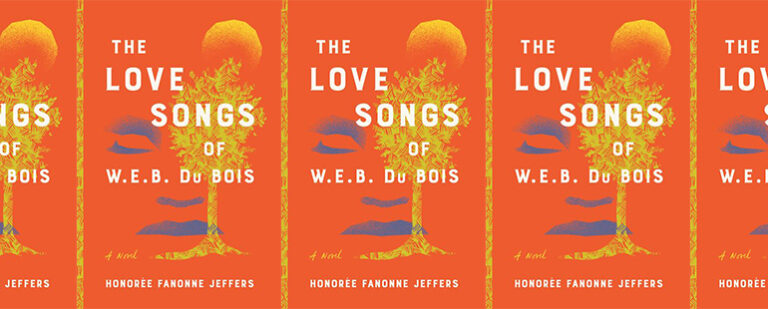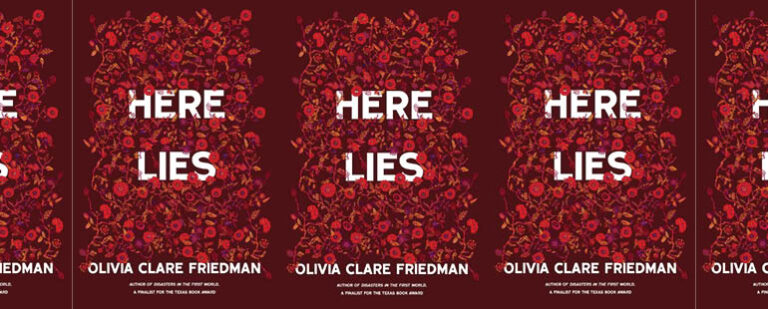Desire and Destruction in Kate Folk’s Out There
Kate Folk’s narrative voice makes even the strangest, most self-destructive desires seem reasonable. Her stories exist between the strange and the familiar, and the ambivalence that characters feel about what they’re doing or what’s happening to them makes them feel all the more real.
